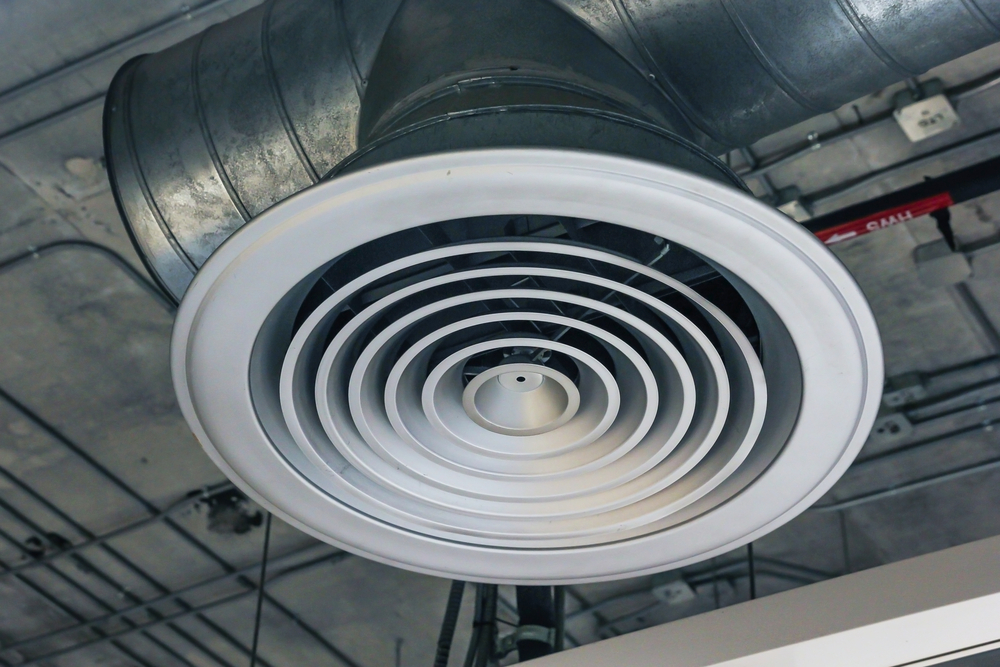
It’s a common belief that larger HVAC systems are more effective. However, this isn’t always the case. An oversized unit can lead to various issues, such as increased energy consumption and uneven temperature control. Brothers Supply experts highlight that a larger system can frequently turn on and off, a process known as short cycling. This not only leads to unnecessary energy wastage but can also cause excessive wear on your system.
Moreover, the right size of the HVAC unit is crucial for maintaining a comfortable and energy-efficient home. An oversized unit can cool or heat your space too quickly without properly dehumidifying the air, leading to a clammy, uncomfortable environment. The team at Brothers Supply can help determine the perfect size for your home, ensuring that your HVAC system operates efficiently and lasts longer.
Many homeowners think that changing their HVAC filters once a year is sufficient. However, this isn’t the best practice for maintaining air quality and system efficiency. Filters can become clogged with dust, pet dander, and other pollutants, reducing airflow and forcing your system to work harder. This not only decreases efficiency but can also shorten the lifespan of your HVAC unit.
Brothers Supply recommends checking and replacing your HVAC filters every three months, or even more frequently in busy households with pets or allergy sufferers. Regular filter changes keep your air clean and your system running smoothly, reducing the likelihood of expensive repairs and ensuring that your home’s air quality remains high.
A common energy-saving tip is to close vents in rooms that aren’t being used. However, this practice can backfire. Your HVAC system is designed to distribute air evenly throughout your home. When vents are closed, it disrupts this balance, increasing pressure in the ductwork and making your system work harder than it needs to. This can lead to increased energy usage and even damage to your HVAC system over time.
Brothers Supply advises keeping vents open to ensure proper airflow and system efficiency. This allows your HVAC system to operate as designed, maintaining comfortable temperatures throughout your home and reducing unnecessary strain on the system. An efficiently running system is key to long-term energy savings and system health.

The placement of your thermostat is more important than you might think. If a thermostat is located near a window, door, or in direct sunlight, it can read the temperature inaccurately. For example, sunlight can cause the thermostat to think it’s warmer than it actually is, causing your HVAC system to overcool your home. This not only leads to discomfort but also wastes energy.
Brothers Supply suggests installing your thermostat in a central location away from any direct heat sources, such as windows or kitchen appliances. This helps ensure that your thermostat is reading the actual ambient temperature of your home, allowing your HVAC system to operate more efficiently and maintain a comfortable environment.
There’s a misconception that once you install an HVAC system, it doesn’t require much attention. This is far from the truth. Like any major appliance, your HVAC system needs regular check-ups to run efficiently. Without periodic maintenance, you might face reduced performance, increased energy consumption, and even premature system failure.
Brothers Supply emphasizes the importance of regular HVAC maintenance. This includes tasks like cleaning coils, checking refrigerant levels, and ensuring all components are functioning properly. Regular maintenance not only extends the life of your system but also ensures it runs efficiently, saving you money on energy bills and avoiding costly breakdowns.
Many people believe that setting the thermostat to a much lower temperature will cool their home faster. Unfortunately, this isn’t how HVAC systems work. These systems cool at a constant rate, regardless of how low the thermostat is set. Setting a lower temperature doesn’t speed up the cooling process; it just makes the system run longer, increasing your energy bill.
Instead, Brothers Supply recommends finding a comfortable, consistent temperature for your home and sticking with it. This approach helps maintain a comfortable environment without overworking your HVAC system. An efficiently running system is key to energy savings and maintaining the longevity of your HVAC unit.
